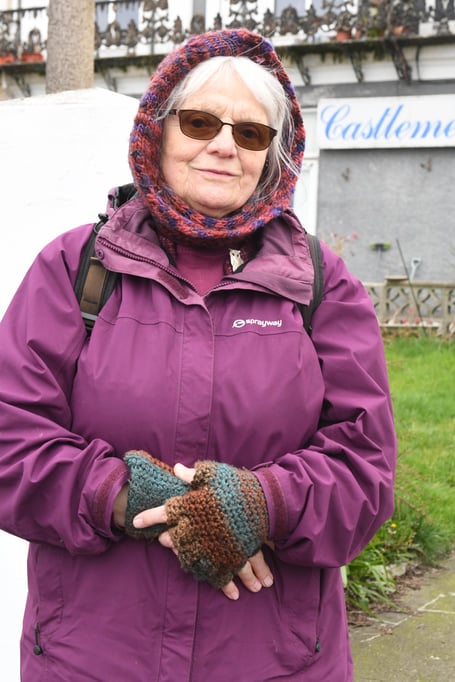A woman who was in the process of buying a home when the vendor withdrew is calling for greater legal protection.
Rosemarie Teare, aged 83, was buying a two-bedroom flat for her son Olaf Teare.
The intention was for Olaf, who has Asperger’s Syndrome, to be closer to, and to support his brother Ivar Teare, who has severe autism and is in a community house in Douglas.
Ms Teare’s offer for Castlemere had been accepted and she had put down the deposit.
Two months after the offer had been accepted, the vendor withdrew.
Ms Teare had been told by the estate agent that the owner was moving back to the island, and she would be homeless if she didn’t take the flat.
Yet, Ms Teare had spent £1,380 in legal fees through the process, with no hope of getting that money back.
As such, she is calling for legal protection for the costs incurred throughout the process, in the case that one party withdraws from the offer.
She said: ‘At present the Isle of Man has no protection for purchases like this.
‘The party that withdraws should be liable for the costs incurred.’
Ms Teare said: ‘I have in the meantime spoken to a lot of people who have faced similar issues, so it is not a unique situation.’
Ms Teare raised her concerns with her MHK, and Chief Minister Alfred Cannan, who she says agreed with her.
This isn’t the first time a proposal like this has come to light.
In 2021, Richard Cassidy started a petition on the matter which reached over 1,000 signatures, after being gazumped ten days before he was supposed to move into his new home.
At the time, he proposed that when an offer has been made it should become a legally-binding contract between the buyer and seller, plus if either party of a sale decides to retract from the process they shall become fiscally responsible for legal costs the other party incurred at the point of retraction.
He also proposed that the seller must also provide a survey for the property being sold, which should be no more than 90 days old at the time of the offer being made by a buyer.
MHK Chris Thomas, chair of the Housing and Communities Board, said: ‘I am disappointed to learn of this unfortunate experience which must be very frustrating. ‘Purchasing a home is stressful enough without failing to do so in the end.
‘There are several laws around all this including about how estate agents operate, about how advocates convey property, about mortgages and about searches and the registration of land.
‘A crucial part of the conveyance process is the agreement for sale which is the contract between the parties obliging completion of the sale or purchase. It seems that your contact did not have this agreement.
‘The Housing and Communities Board is looking at the conveyancing process, to see how the law might be changed and how the process might be made more efficient and quicker. Reform will take time.’





Comments
This article has no comments yet. Be the first to leave a comment.